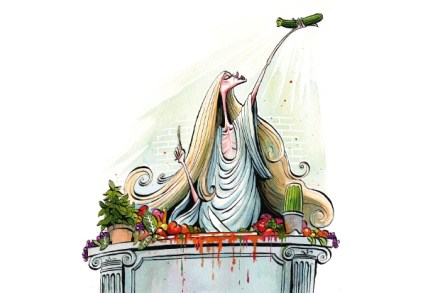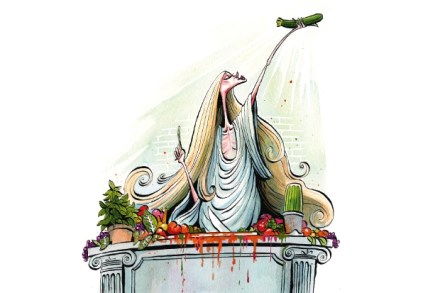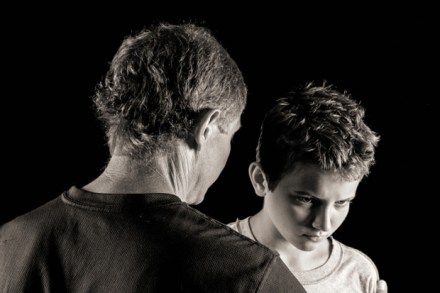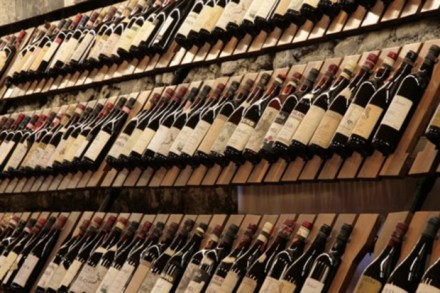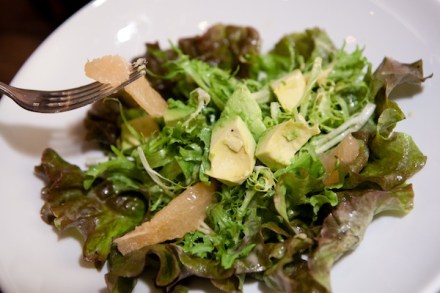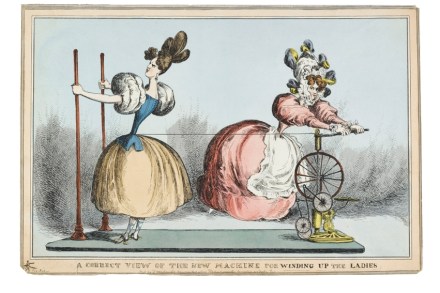Don’t give in to New Year fad diets and fitness – they’re a waste of money
It’s not long now until Christmas Day, that cherished time of year when we don our elasticated pants, break the seal on the Quality Street and prepare to eat until we pass out. It’s the one day of the calendar when diets, healthy eating and all thoughts of exercise are banished, to be replaced by cries of ‘just one more helping’, ‘where’s the remote’, and, let’s face it, sheer gluttony. It’s a special time. Like most things, however, this abandonment comes at a cost, and I don’t just mean the suffusion of self-loathing on Boxing Day. There’s a financial price to be paid come New Year, and that takes the



